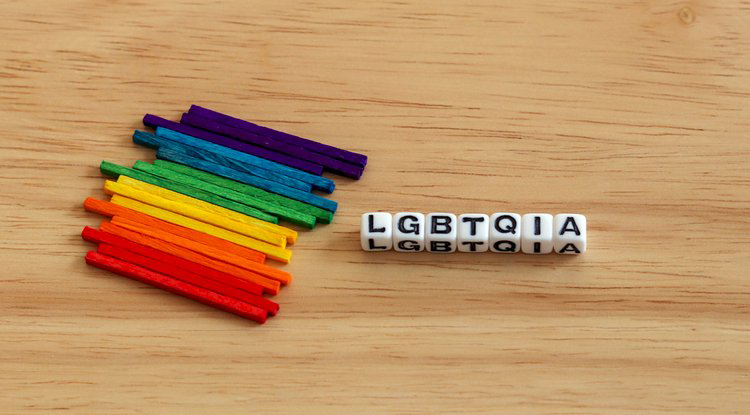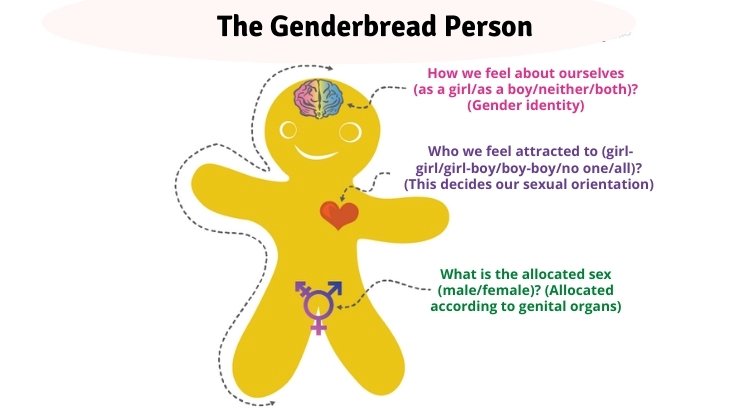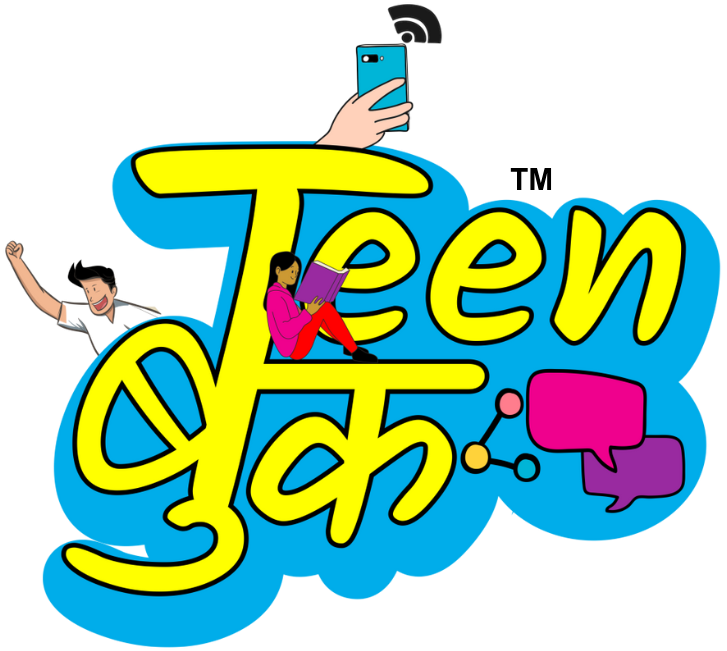What does LGBTQIA mean?
You’ve heard your friends talk about these terms or perhaps in a recent movie you were watching. Or there could be some emotions you may be noticing yourself. So if these terms and words are playing on your mind, then read on.

The term LGBTQIA stands for lesbian, gay, bisexual, transgender, queer, intersex and asexual. A bit heavy? Well, that’s why we are here to help you understand. Let us get to the details.
To understand LGBTQIA, you first need to understand the difference between sex, gender and sexual orientation.
Sex and Gender are two different things. Sex is allocated to you at birth on the basis of genital organs – male if there is a penis and female if there is a vulva.
Gender on the other hand depends on the way a person feels about themselves. It can be similar to the sex they were allotted at birth (male/female) or different from the sex allotted at birth.
Meanwhile, your sexual orientation depends on who you feel attracted to, as you develop romantic feelings. Confused, eh? Let’s break it down further.
Also, let’s check out this very informative and exciting video on Sexual Orientation, Behavior and Identity – below. Read the rest of the article below the video:
Sexual orientation
As we grow up, we may be attracted to people of different gender (boy-girl) or to people of the same gender (boy-boy and girl-girl). This is known as sexual orientation. As we grow we may begin to explore and understand our orientation. However, it may be quite later in life that we fully understand how we feel. So allow yourself enough time. Being straight, lesbian, bisexual, gay or asexual (more on these terms below) are all sexual orientations.
Straight
When a person feels emotionally, romantically and/ or physically attracted to a person of the opposite sex (female to male and vice versa), the are described as straight. A male and a female in a relationship will be described as a straight couple.
Lesbian
When a woman feels emotionally, romantically and/ or physically attracted to another woman, she is described as a lesbian. Two women in a relationship will be described as a lesbian couple.
Gay
Similarly, when a boy feels emotionally, romantically and/ or physically attracted to another boy, he will be described as gay. Two boys/men in a relationship will be described as a gay couple.
Bisexual
When a person is attracted to both men and women, they are described as bisexual.
Asexual
When a person feels little or no physical attraction to anyone, male or female, they are described as asexual.
Queer
The term queer is used as an umbrella term for LGBTQI community or to describe the community of lesbian, gay, bisexual, transgender, queer and intersex community. For eg: We often say that many several members of the queer community participated in the pride parade.
Gender
When a baby is born, they are either marked as a boy or a girl based on the differences in their genitals. If the baby has a penis it’s a boy and if the baby has a vagina it’s a girl. This is known as the sex of the person and not the gender of the person.
Cisgender
A person who agrees with the sex they were given at birth is known as cisgender. So, a person who was born a boy at birth and identifies with being a boy is a cisman. A person who was born a girl at birth and identifies with being a girl is a ciswoman.
Transgender
There are many people who do not relate to the sex they were given at birth. They are called transgender. So, a person who was born a boy but identifies as a girl is called transwoman. A person who was born a girl but identifies as a boy is called a transman. Transgender people can be straight, lesbian, gay or bisexual.
Intersex
A person born with ambiguous or undefined reproductive or sexual organs and they don’t fit singly into being female or male is known as intersex. Intersex persons choose what gender they want to be known with or none.
Questioning
Questioning is the term used for someone who is still exploring/questioning their sexuality or gender.

Do you have any questions for Science Lab? Post them in the comments box below. We will respond to them in our upcoming articles. Please don’t put any personal information.
Listen to this podcast here-
This article was first published on May 3, 2021.


